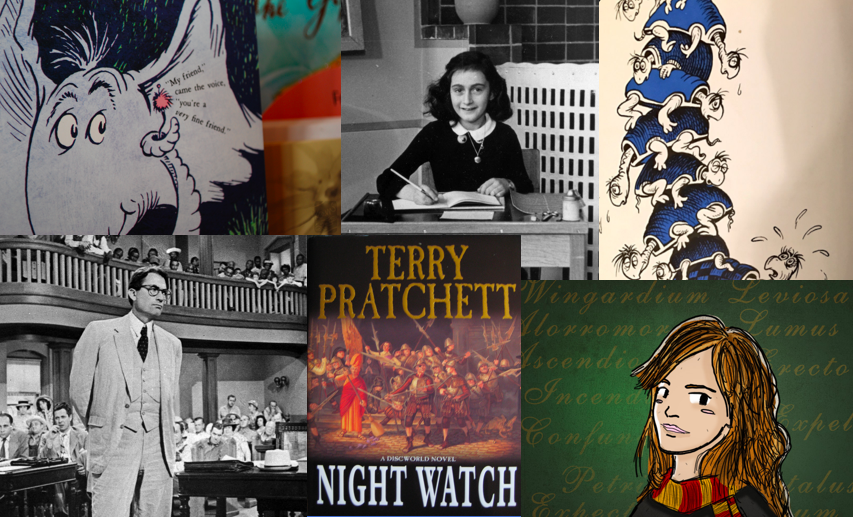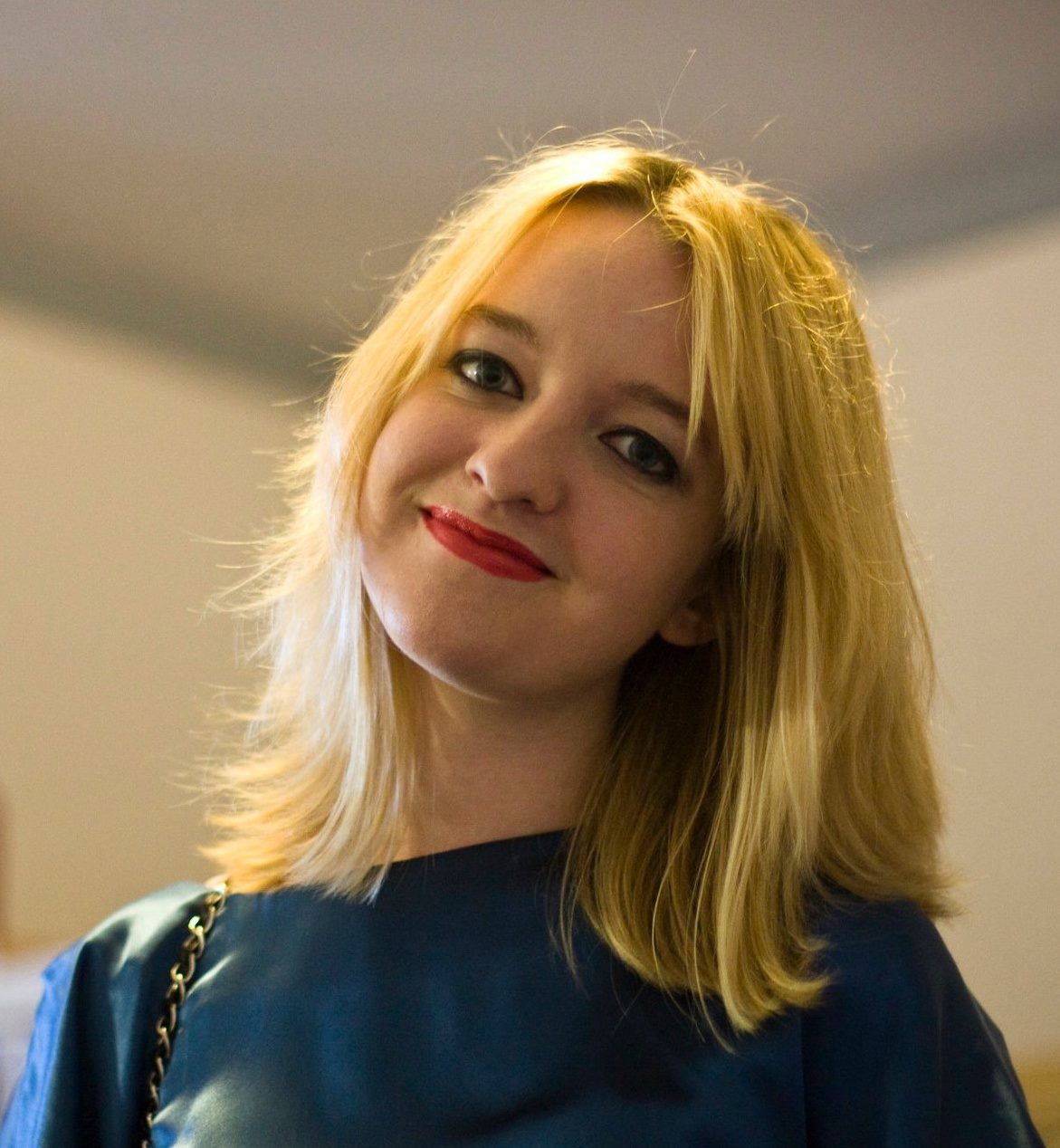It’s World Book Day today! What better way to celebrate reading than with some of literature’s human rights heroes & their books which cover key human rights themes. We asked for your suggestions on Twitter and you didn’t disappoint…
For young readers
1. Horton, in Horton Hears A Who, by Dr Seuss
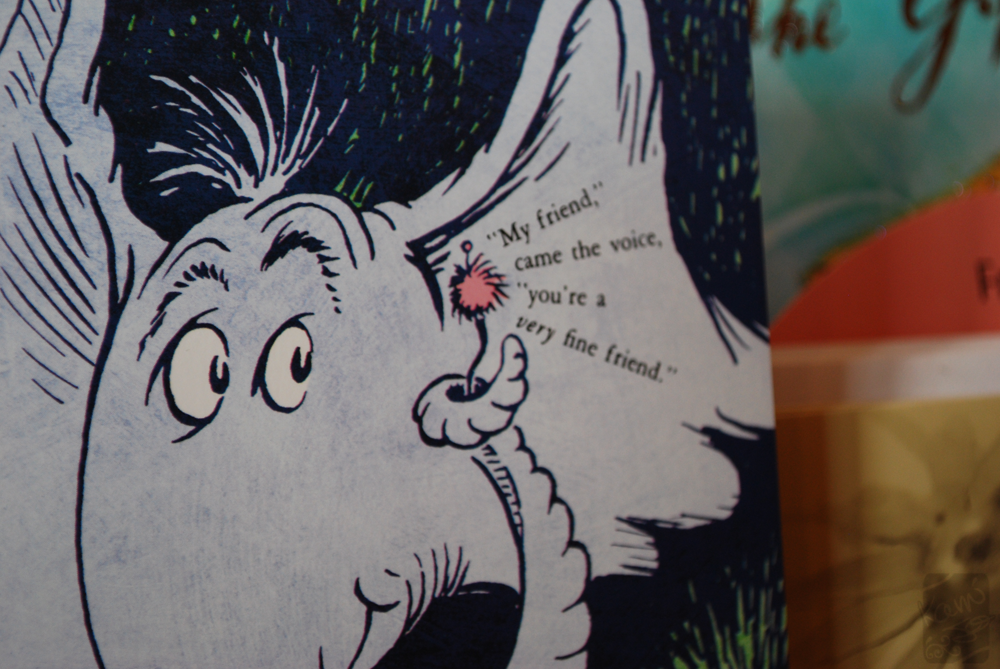
Horton the Elephant hears a speck of dust talking to him and soon realises that the speck is actually a microscopic world, on which live tiny creatures called Whos. Other animals cannot hear the Whos and threaten to destroy the speck, but Horton stands up to them in order to protect the Whos, proclaiming “A person’s a person, no matter how small”.
Themes in this book include equality, solidarity and empathy. Thanks to @susie_alegre for the recommendation!
2. Mack, in Yertle the Turtle, by Dr Seuss
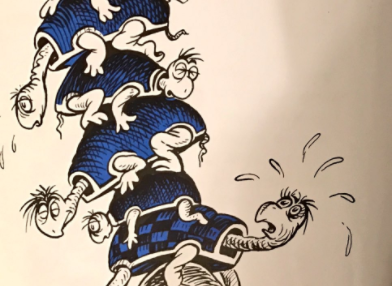
Yertle the Turtle is King of the pond, but his kingdom only stretches so far as he can see from his lowly stone throne. He orders the turtles to stack themselves underneath him, so he can see farther. The turtle at the bottom of the pile, Mack, explains that the turtles lower down are struggling and pleads that they should have rights too. Mack topples the turtle-tower. In the end, “all the turtles are free. As turtles and, maybe, all creatures should be.”
Shout out to RightsInfo’s Founder & Strategic Director @AdamWagner1 for the suggestion!
3. Spotty, in Spotty, by Margret Rey

Spotty is the only spotted bunny in a family of otherwise all-white rabbits. He is left out of his Grandfather’s birthday party because of his spots, so Spotty sets out on his own to find acceptance.
This book teaches about equality, difference and inclusion. Thanks to @Stitchinscience for the recommendation!
4. Mr. Gramsay (the Zookeeper), in And Tango Makes Three, by Peter Parnell and Justin Richardson
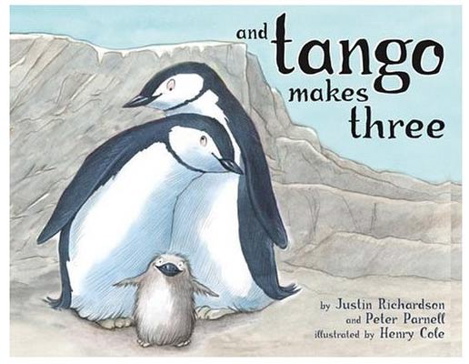
Based on a true story from New York’s Central Park Zoo, Roy and Silo are two male penguins who make a nest together. Mr. Gramsay, the Zookeeper, gifts them an extra egg from another penguin couple. Roy and Silo take turns looking after the egg. Eventually it hatches and their chick, Tango, completes the family.
Themes in this book include acceptance, equality in matters of love, and the right to family life. Thanks to @Carolinembrooke for the suggestion!
For older readers
5. Hermione Granger, in the Harry Potter series, by J. K. Rowling
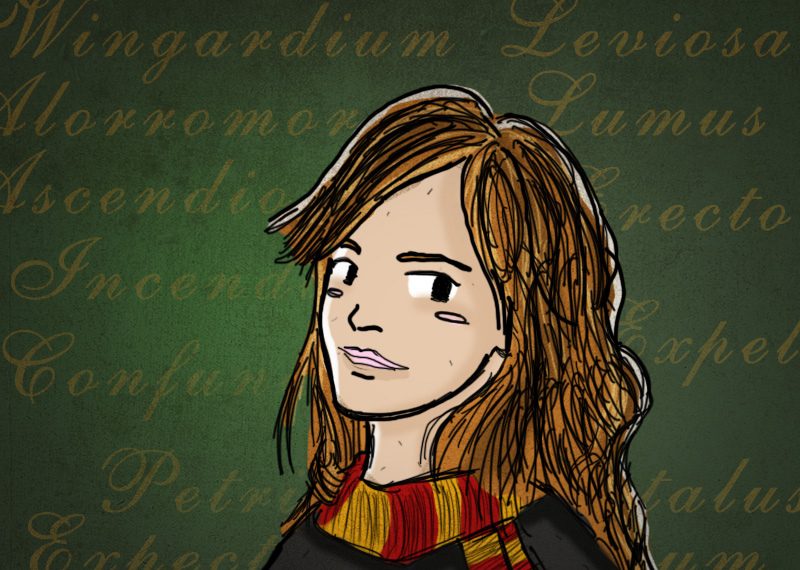
Harry Potter may be the famous boy wizard, but Hermione is no sidekick. She’s the one with the plan, getting her classmates out of all sorts of scrapes. Not only does she campaign for the liberation of ‘house elves’ (non-human magical creatures that are treated like slaves), but she also promotes the importance of education and teaches girls everywhere to stand up for themselves and be proud of who they are.
Thanks to @adobrogeanu, @ItsH4nnneerr and @fechtbuch for the recommendation!
6. Katniss Everdeen and Peeta Mellark, in The Hunger Games series, by Suzanne Collins
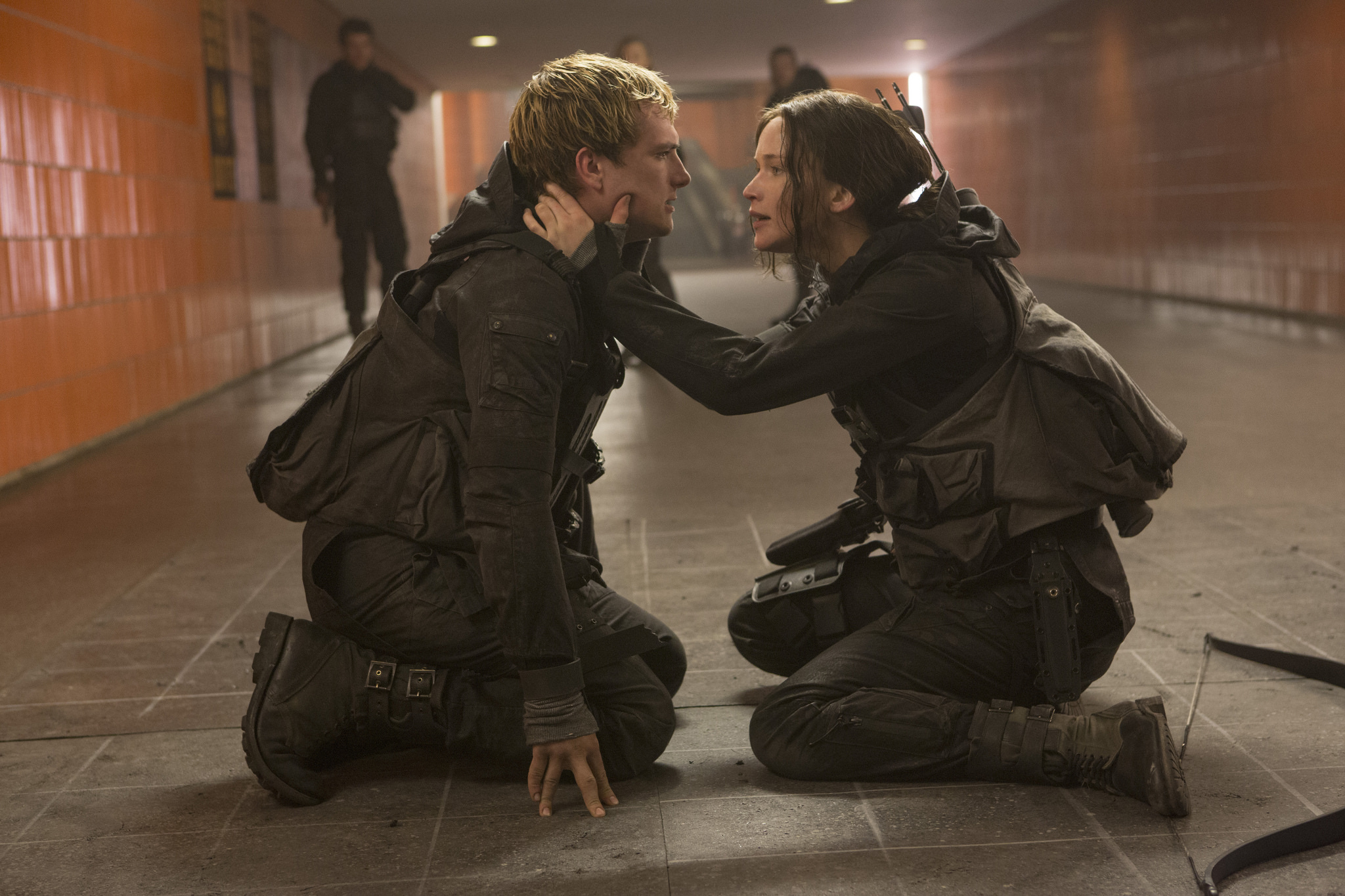
Katniss and Peeta grow up in a futuristic dystopia with one wealthy Capitol and 12 districts that exist in various states of poverty. They struggle to survive due to food shortages. Peeta and Katniss are chosen to participate in the Hunger Games (a televised event which pits young people from each district against each other in a fight to the death). They become a symbol of rebellion, fighting the oppressive Capitol for a fairer distribution of wealth so that no one has to live in poverty.
Shout out to @jimifletch for the suggestion!
7. Anne Frank, author, Diary of a Young Girl
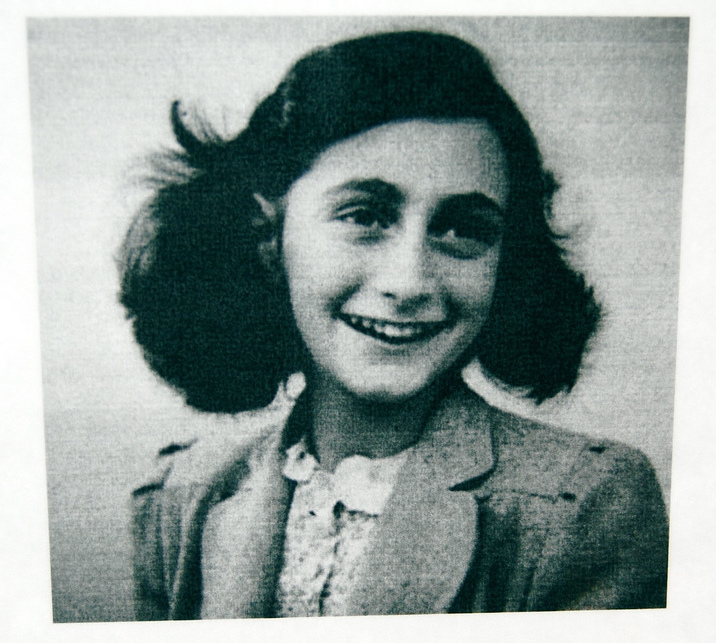
A real-life hero of human rights literature, Anne Frank was a young Jewish girl who lived when the Nazis rose to power in Germany. Fearing persecution because of their Jewish faith, Anne and her family went into hiding. During this time, Anne kept a diary. The family were eventually found, arrested and sent to concentration camps, where most of them – including Anne – died. Diary of a Young Girl gives a first-hand account of the experiences of Jewish victims of the Holocaust.
Thanks to @ItsH4nnneerr for the recommendation!
8. Malala Yousafzai, author, I am Malala
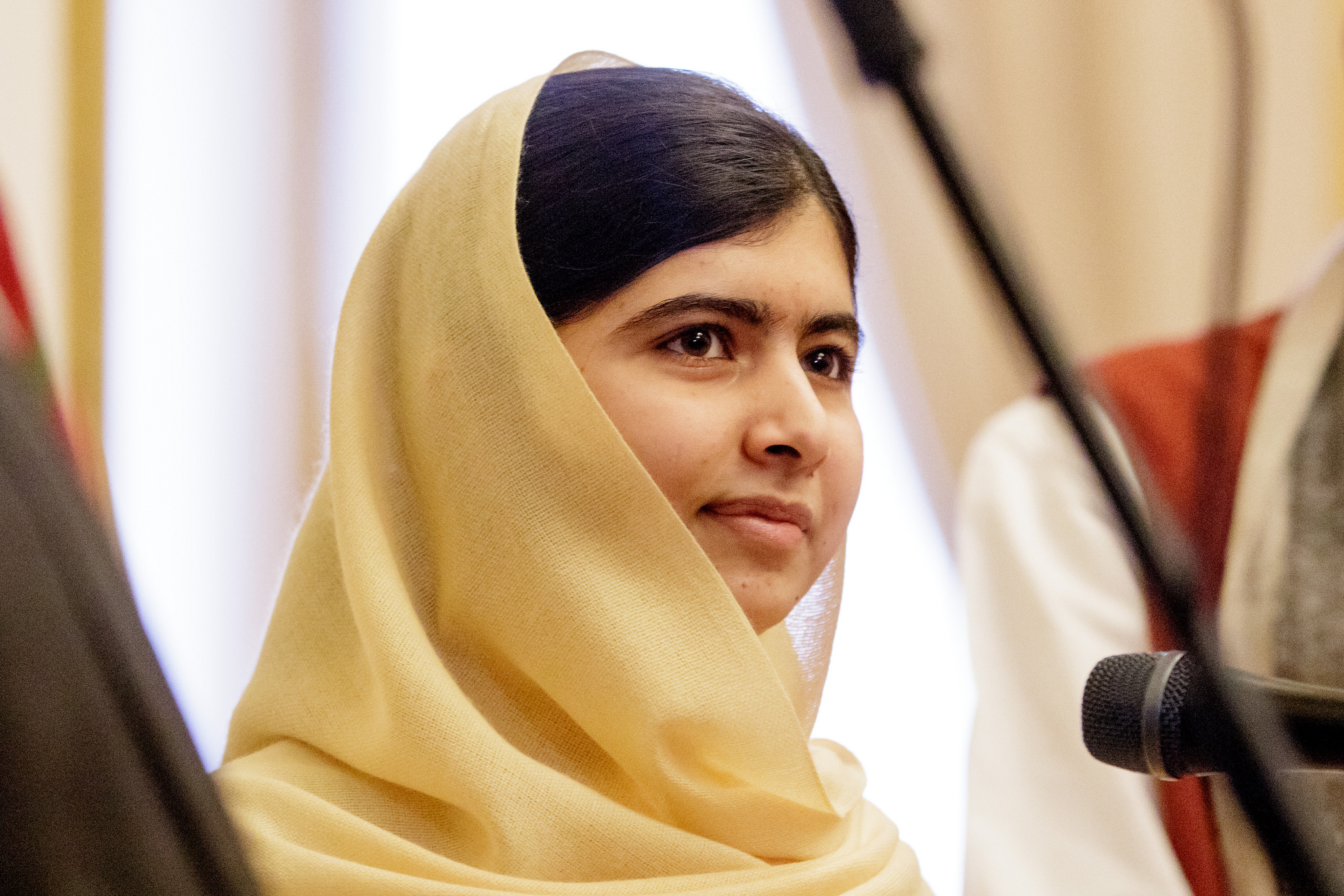
Another real-life human rights hero, Malala was shot by the Taliban when she stood up for girls’ right to education in her home country of Pakistan. She survived and now lives in the UK, campaigning for women’s and girls’ rights and the human right to education.
9. Atticus Finch, in To Kill a Mockingbird, by Harper Lee
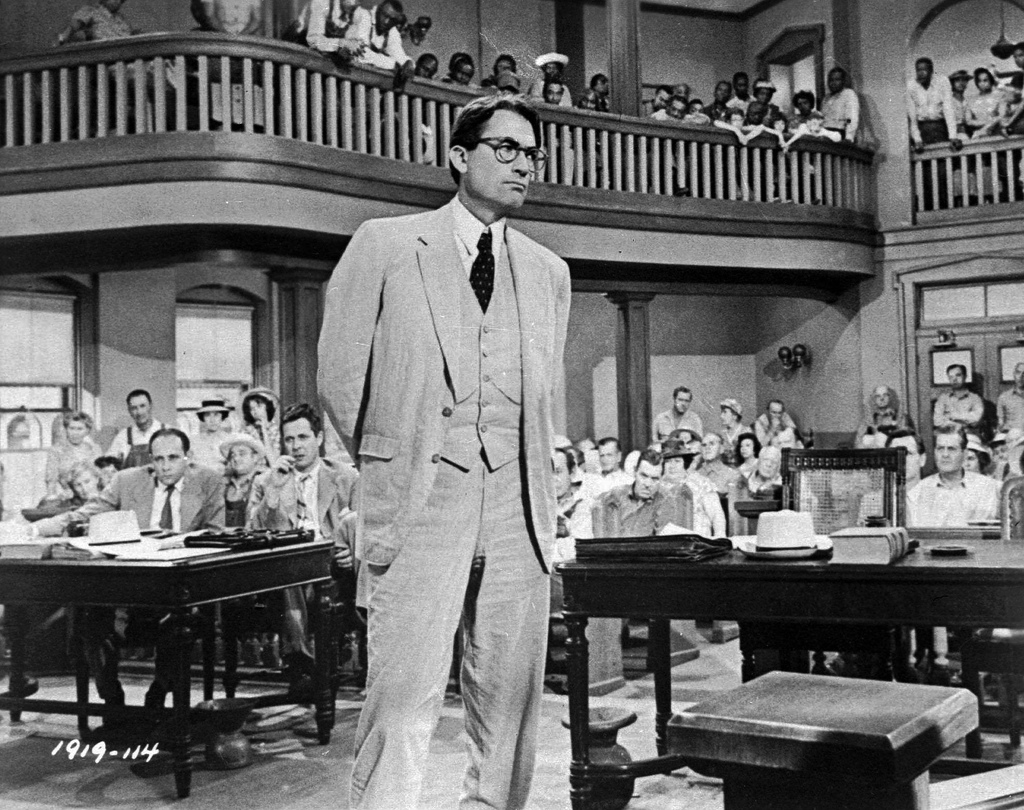
To Kill a Mockingbird follows young Jean Louise (‘Scout’) Finch, who lives with her family in Maycomb, a fictional town in Alabama, in the American South-East. The story is set in the 1930s, when racial prejudice was especially common. Scout’s dad, Atticus Finch, is a respected lawyer in their town. He shocks the community when he agrees to defend a black man named Tom Robinson who is accused of raping a white woman.
(A second story by Harper Lee, Go Set a Watchman, sparked controversy when it was published in 2015, as Atticus expresses some intolerant views. The circumstances of the book’s publication were also controversial.)
Thanks to @cjr1968 for the suggestion!
10. Sir Samuel Vimes, in Night Watch, by Terry Pratchett
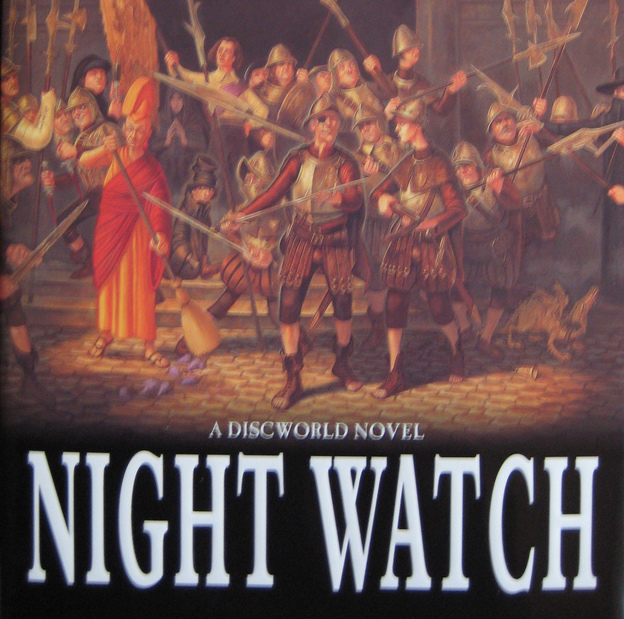
A fictional policeman in Terry Pratchett’s Discworld universe, Samuel Vimes is a complex character. He is a cynic and member of the upper class, but also an idealist with deeply held beliefs in justice and social equality. Vimes catches a brutal murderer called Carcer and is sorely tempted to kill Carcer for his crimes. The temptation to kill appears to Vimes as a beast, screaming at him to defy his better nature. But Vimes concludes (with some difficulty) that Carcer should be given a fair trial before he is hanged, showing that no one – not even police officers – are above the law.
Thanks to @cianmurf for the recommendation!
Thanks to everyone who suggested the above to feature in our list of human rights heroes and heroines in literature. Here are some more of your suggestions:
So many Pratchett quotes! Equal Rites, Small Gods & Wee Free Men are good places to start.
— Angela Patrick (@Angela__Patrick) January 30, 2017
Lyra in Northern Lights fought to rescue children from her own mother
— Amanda Collumbine (@ACollumbine) January 30, 2017
Helen Graham in Tenant of Wildfell Hall – feminist hero. https://t.co/Oow6WLbzyy
— Jeannie Mackie (@feliciamackie) January 30, 2017
You can find more suggestions from our Twitter followers here and here.
We would love to hear your recommendations for great human rights reads – please share them with us in the comments section below, on Twitter and via our Facebook page.
We will leave you with this from British playwright Alan Bennett:
The best moments in reading are when you come across something – a thought, a feeling, a way of looking at things – which you had thought special and particular to you. Now here it is, set down by someone else, a person you have never met, someone even who is long dead. And it is as if a hand has come out and taken yours.
Happy reading!
For more information:
- Take a look at our other posts featuring great human rights reads: here, here and here.
- Read about William Shakespeare and Human Rights.
- Learn about Fighting Prejudice with Poetry.

